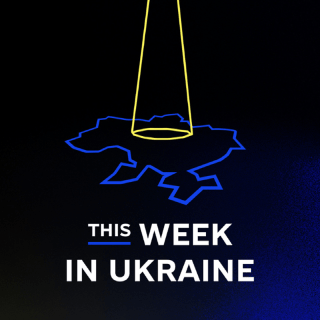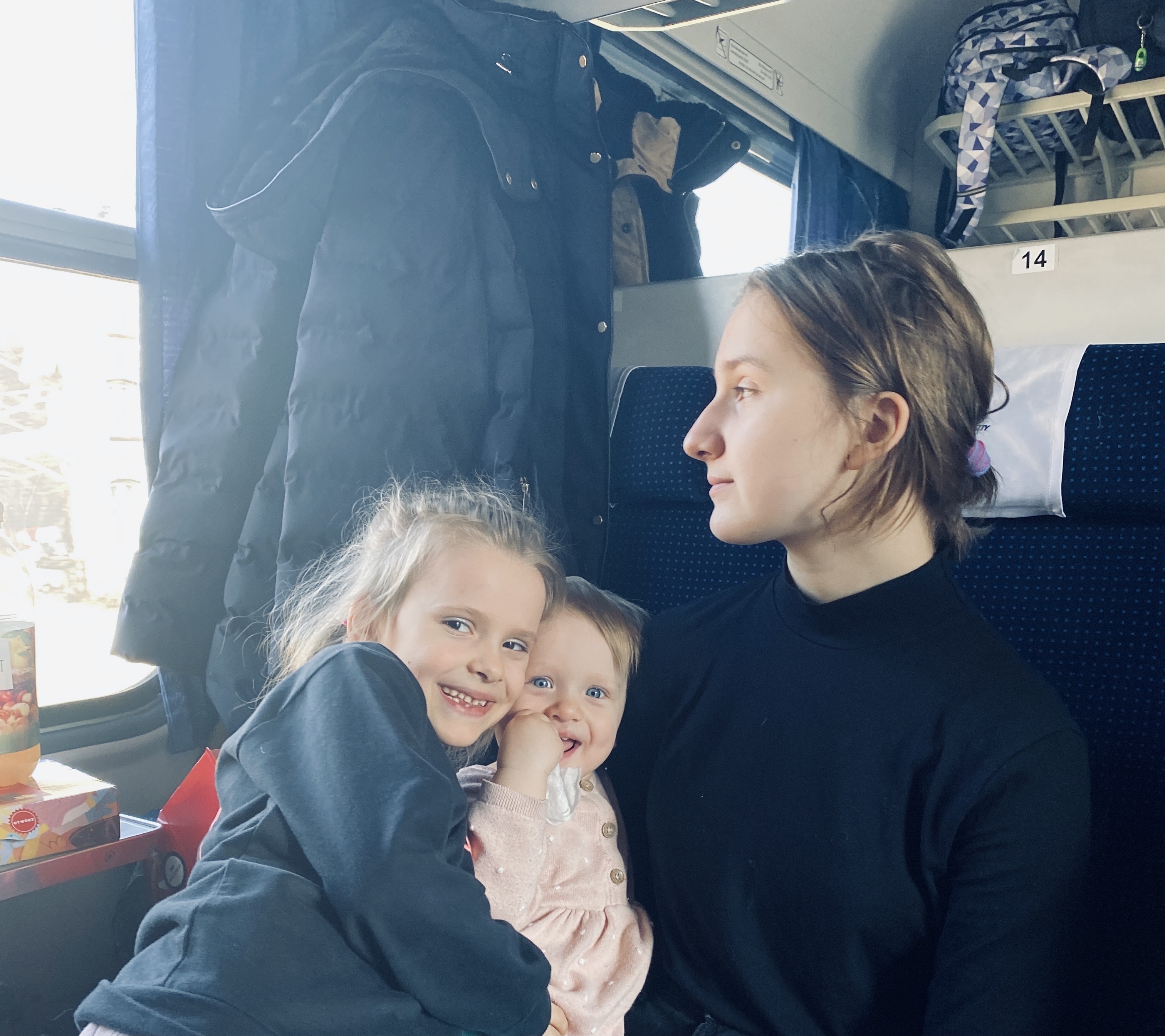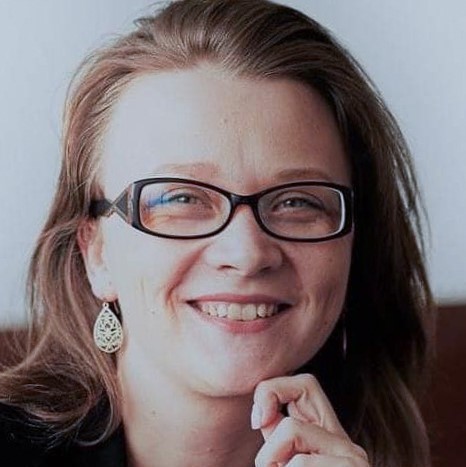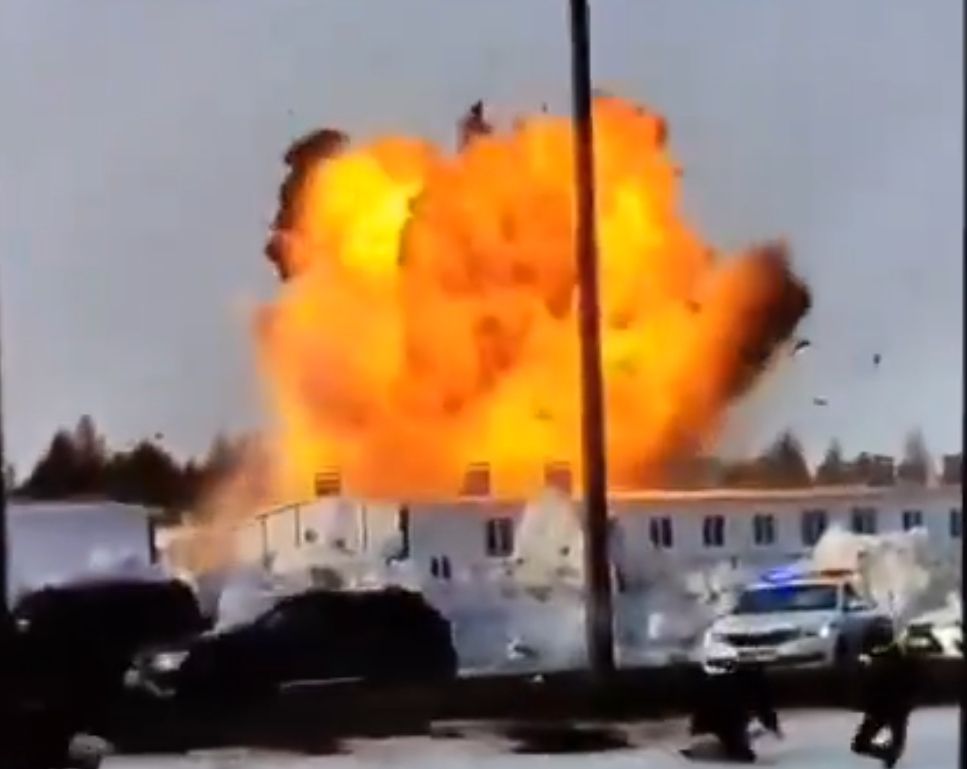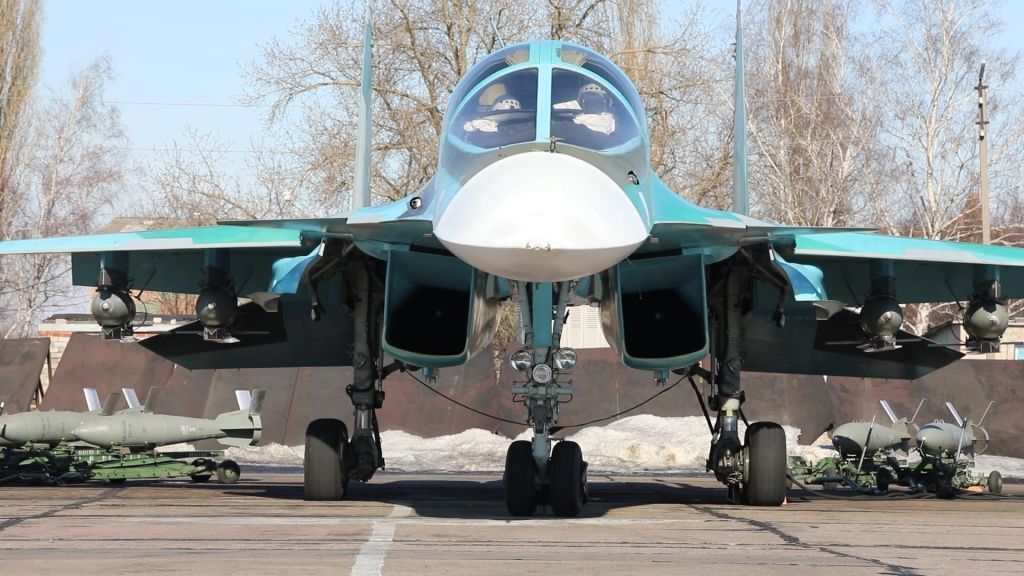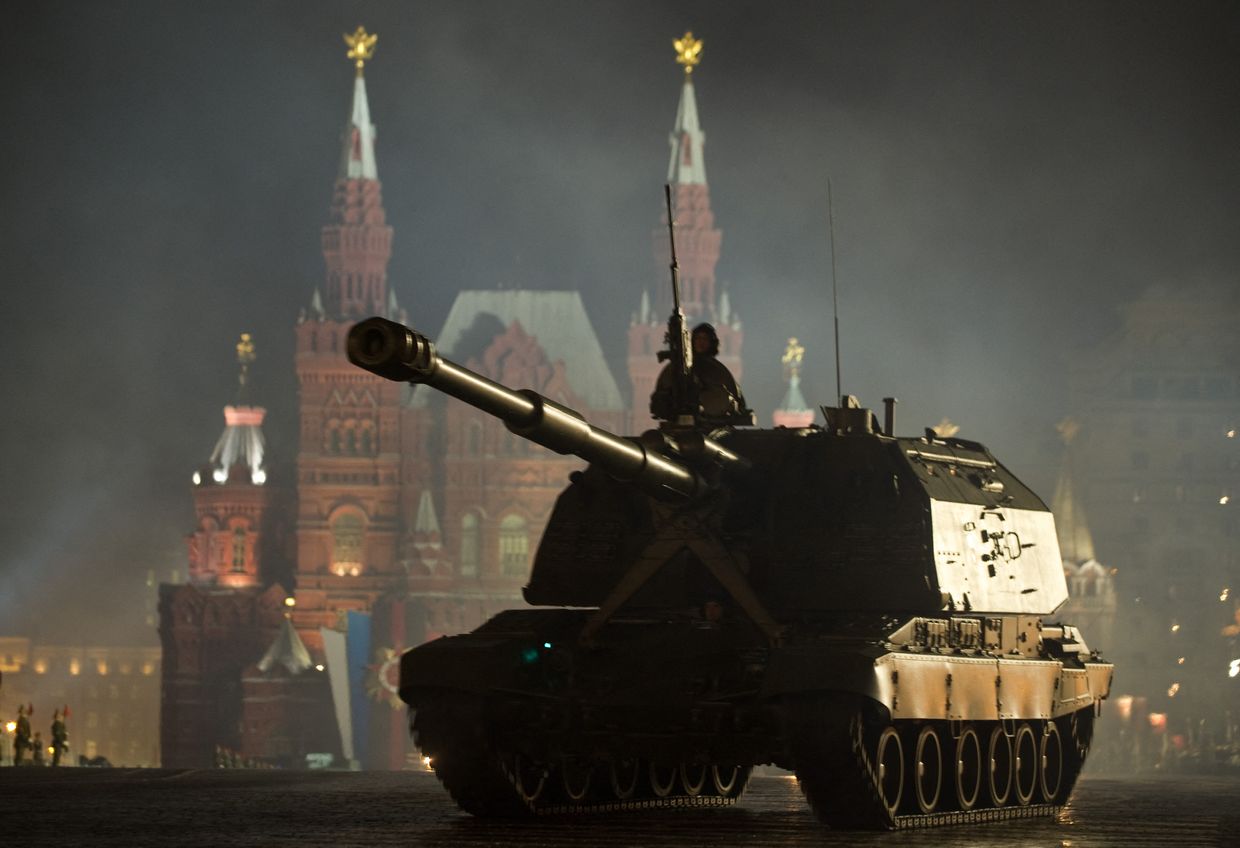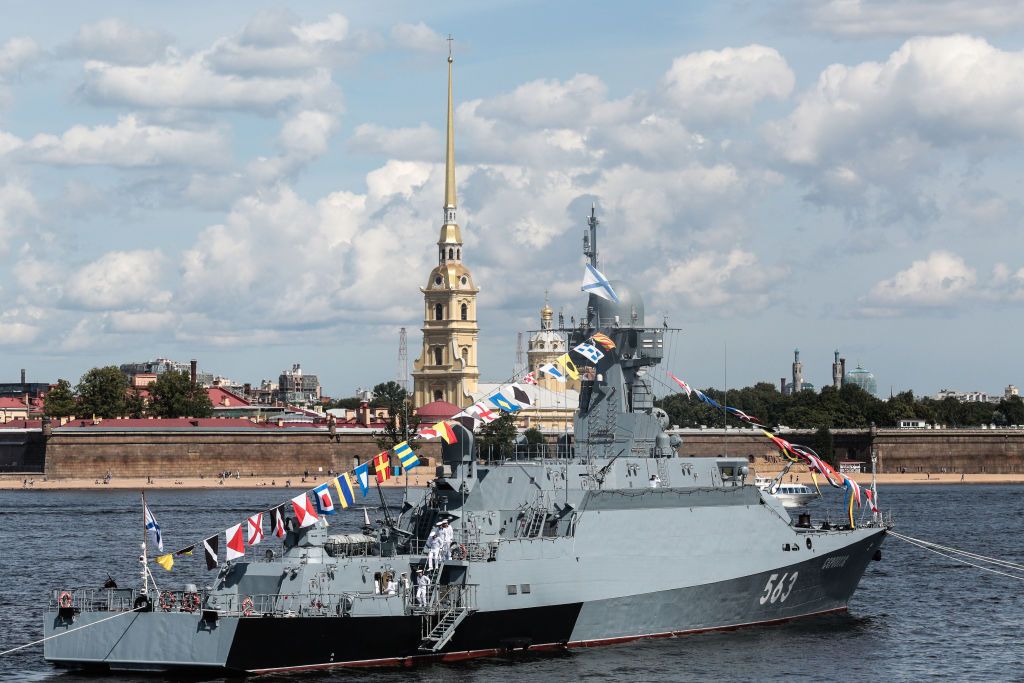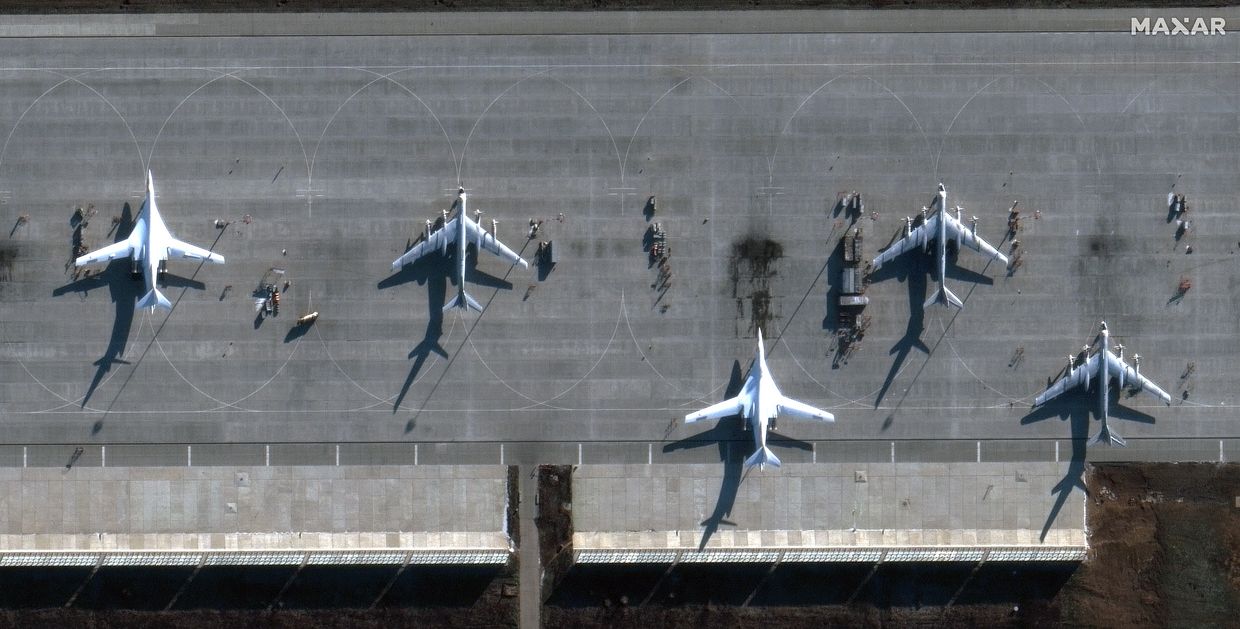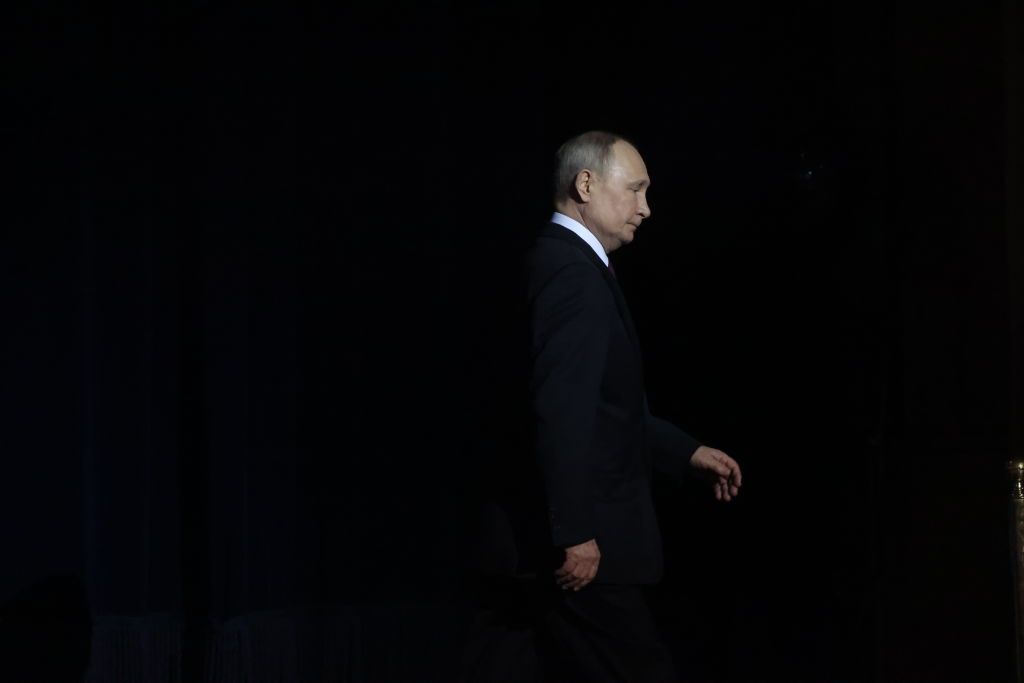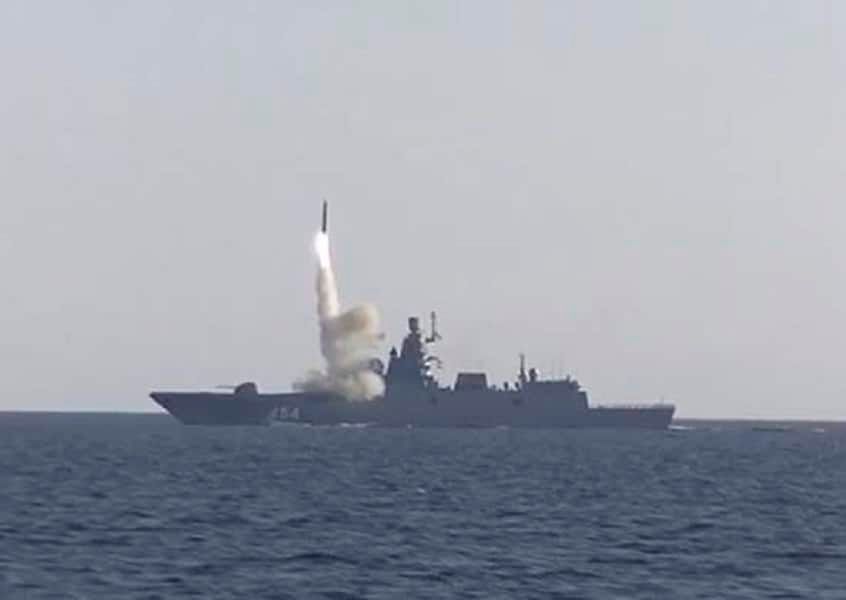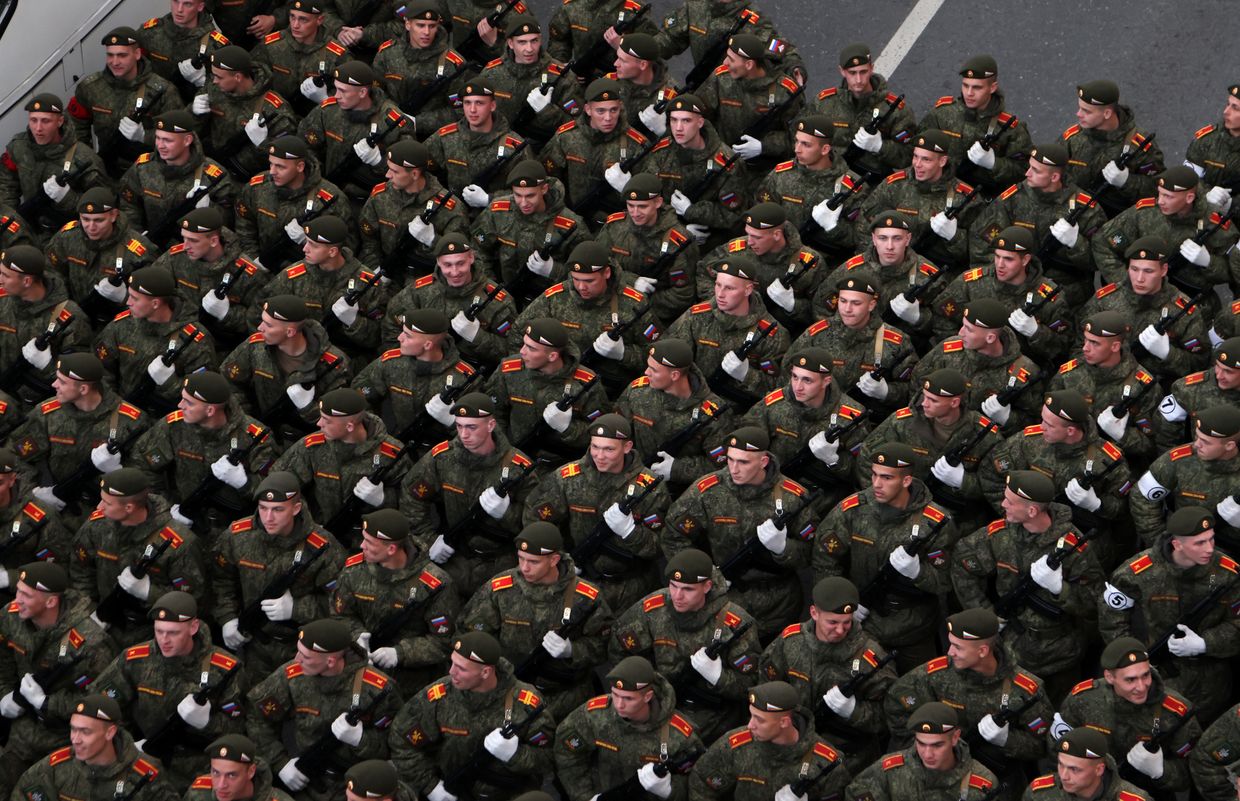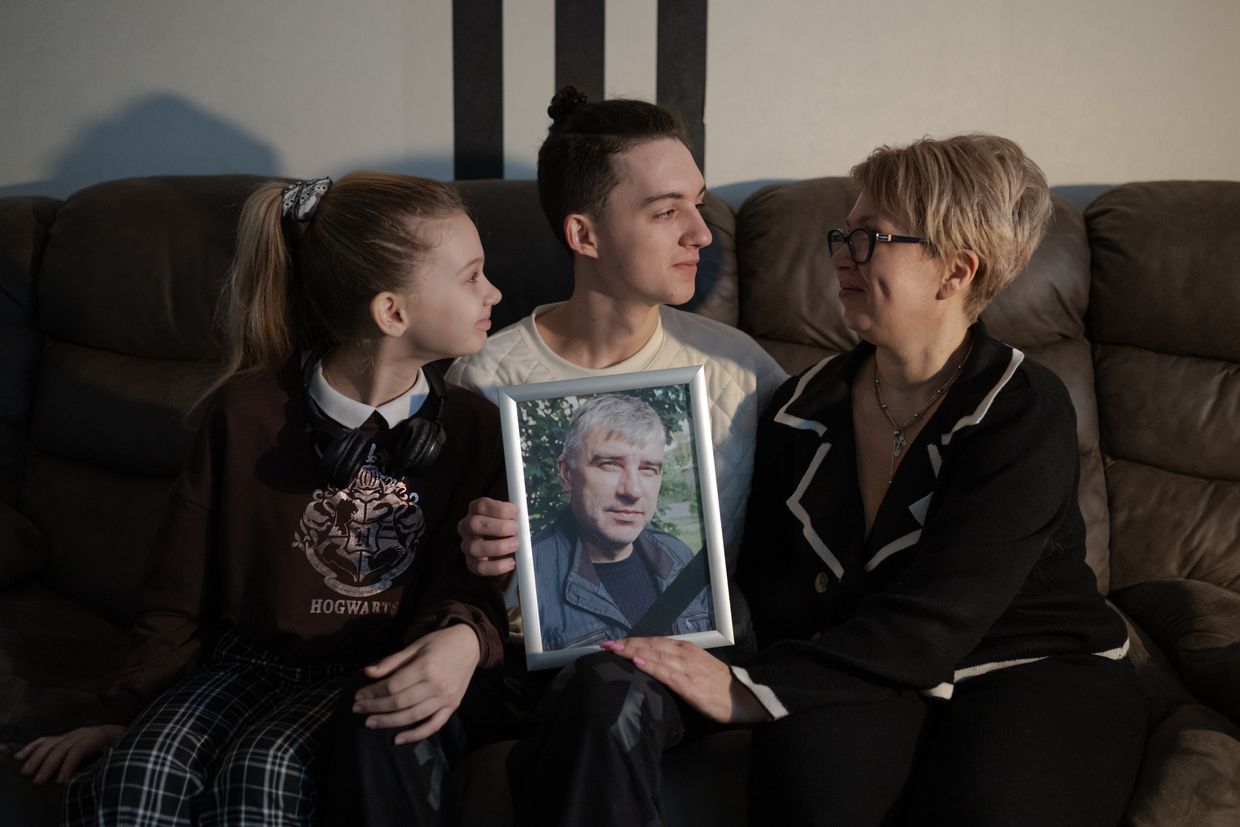Editor's Note: Natalia Datskevych is a journalist with the Kyiv Independent.
An endless feeling of fear that seems to never go away. Every loud sound, every sudden spark in the sky, causes panic.
My life, together with the lives of millions of Ukrainians, turned into hell when Russia launched a full-scale invasion of Ukraine.
This is the story of how I was trapped near the Russian border with my husband and my three daughters and how we were able to finally escape.
Hours after the war began and the Hostomel Airport, northwest of Kyiv, turned into a warzone, we decided to flee the capital. We left for our family home in a village in the northern Chernihiv Oblast, not far from the Russian border. In the beginning of the war, many chose to leave big cities for rural areas, thinking that they will remain quiet. So did we.
Soon we understood that this was a mistake.
As we got settled in our new place – formally a town, but looking more like a village – the situation began to look dire.
The nearby Chernihiv, Kyiv, and Sumy were bombarded day and night. So was Kharkiv to the east. Cities hundreds of kilometers south – Kherson, Mykolaiv, and Mariupol – had come under deadly attacks as well. Soon, Mariupol would become the site of a horrendous tragedy, with thousands of civilians, including women and children, killed by Russian shelling.
A particular video from a morgue in Mariupol, where the doctor showed journalists a lifeless body of a one-month-old baby, will stay in my memory forever.
In our village, people were on the verge of panic. The locals told me that we are surrounded by Russian tanks and soldiers. “It's too dangerous to leave now,” they said. “You’d better think twice before you try to leave, you have three children.”
The fear grew as I read the news that Belarusian soldiers were about to cross the border into Ukraine and join the war. This would have cut our village off from Kyiv.
Russians had been shelling a nearby village. During the shelling, we would go down to the basement. I remember how, during one of those times in the basement, I was holding my crying one-year-old daughter in my arms, and trembling myself, knowing that my family is in grave danger and help isn't coming.
But on the warm sunny morning of March 21, a slim hope appeared.
My husband went out to find some milk. Ten minutes later he called back.
“Pack our stuff, we have an hour. One man agreed to take us to Kyiv," he said briefly over the phone.
The escape that could have cost us our lives had begun. Leaving was terrifying: We saw in the news many reports of Russians attacking and killing civilians driving to safety, including families with children.
Our family of five got into the car and followed a minibus that was heading to Kyiv to get bread for our village.
We’ve been told to prepare all the documents, including children's birth certificates, to show at every checkpoint along the way.
The kids were quiet as never before.
Leaving our village, we saw the first checkpoint within a few minutes. Thank God it was a Ukrainian checkpoint. After looking thoroughly at our documents, a Ukrainian soldier wished us a safe journey to Kyiv.
There were more than twenty checkpoints on our way. I never considered myself a religious person but I prayed every time we drove past a checkpoint.
Passing by another one, somewhere deep in the forest, I saw a soldier who looked no older than my eldest daughter. He looked like he was 15 or 16-years-old. He was tightly gripping an assault rifle.
“He is probably very brave,” said my middle daughter, a six-year-old.
“He is,” I whispered back.
We drove for five hours, through an unfamiliar forest. Before the war, the drive to Kyiv would take an hour and a half.
Burned cars lying on the side of the road, checkpoints, and mines – everything pointed to the new Ukrainian reality.
Finally, we reached the city.
In Kyiv, we passed a memorable place damaged by Russian missiles – a TV tower and the nearby Babyn Yar Holocaust memorial site, where five people were killed by a missile strike on March 1.
Nearly every street we passed was partly blocked with anti-tank hedgehogs.
The numbing, incredibly strong fear didn't leave my body, as missiles and shells continued to strike near Kyiv. The fighting in Kyiv's northwest suburbs of Irpin, Bucha and Hostomel was heard from our Kyiv apartment.
We kept thinking about Kharkiv and Mariupol, and the thousands of innocent people slaughtered by Russia. We knew that we might be next.
So we decided to go to the central train station and try to flee.
After passing several checkpoints, I heard the long-awaited announcement: “Boarding for the evacuation train from Kyiv to Lviv.”
There were a lot of empty seats on the train, which contrasted sharply with the first two weeks of the war when people had to stand or lay down on the train floor, holding their loved ones, children, and pets.
Eight hours later, our family finally got to Lviv late at night, amid curfew.
After sleeping on the floor of the train station for several hours, side by side with dozens of exhausted children and their mothers, we continued our journey.
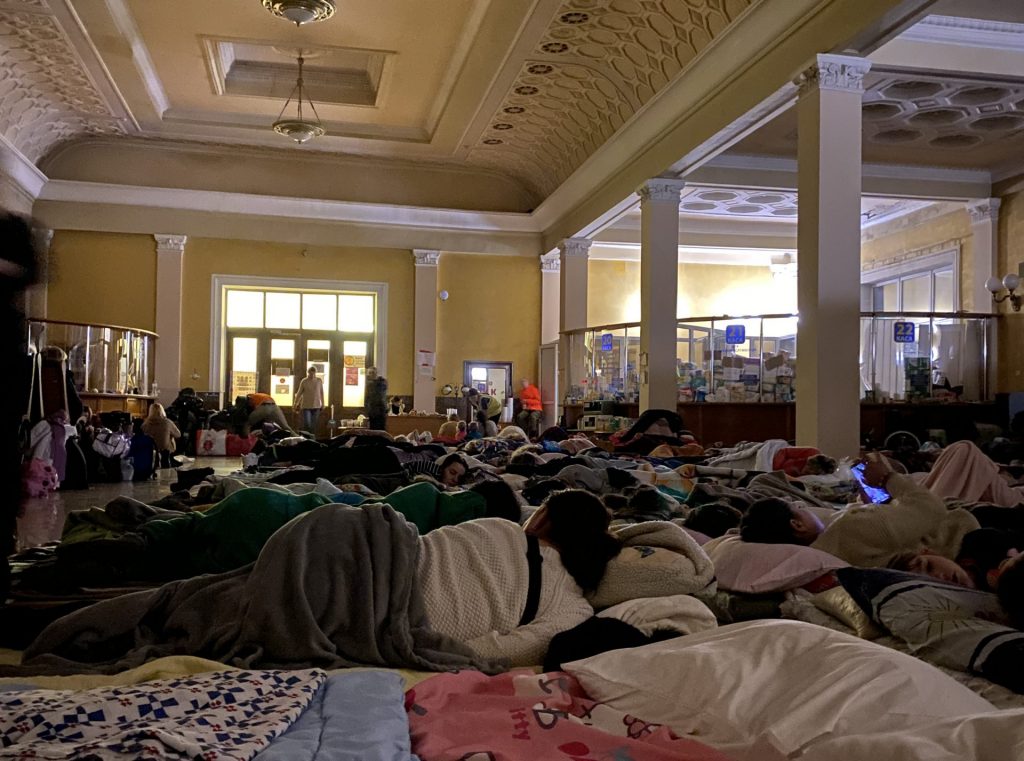
We decided to leave the country.
The train from Lviv to the Polish city of Przemysl was so packed with refugees that even the famous Tokyo Metro System, during rush hour, would be jealous of the crowd.
By that time we heard that 3.5 million Ukrainians fled the country, escaping the war. I recalled it as I was watching thousands of refugees cramming into the train to Poland, about to join the grim statistics.
The trip from Lviv to Przemysl usually takes slightly over an hour. Ours took seven hours. All I could think about is how much I wanted to breathe in some fresh air.
As we arrived, we had to wait for 40 minutes before the doors opened. Many had lost their nerve. Older women began to cry to be let out, the children sobbed, and someone simply stayed silent.
But as soon as our feet touched the platform, I felt that my mission to save my children from the war was completed.
Moments later, a question from my eldest daughter caught me off guard.
“Mom, can we get back on this train and return to Lviv?” she asked me with tears in her eyes.
“When the war is over we will, we will,” I responded, sobbing.

